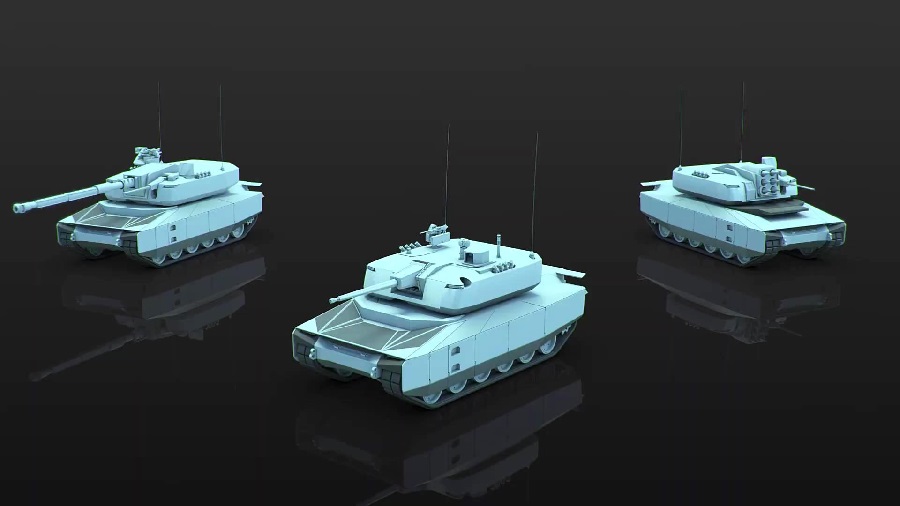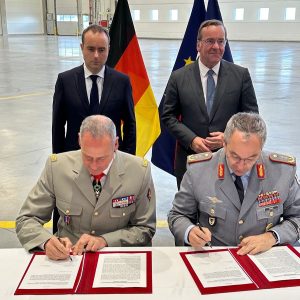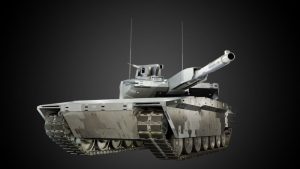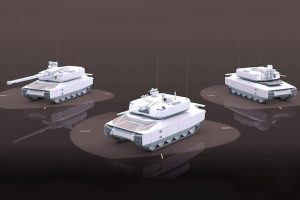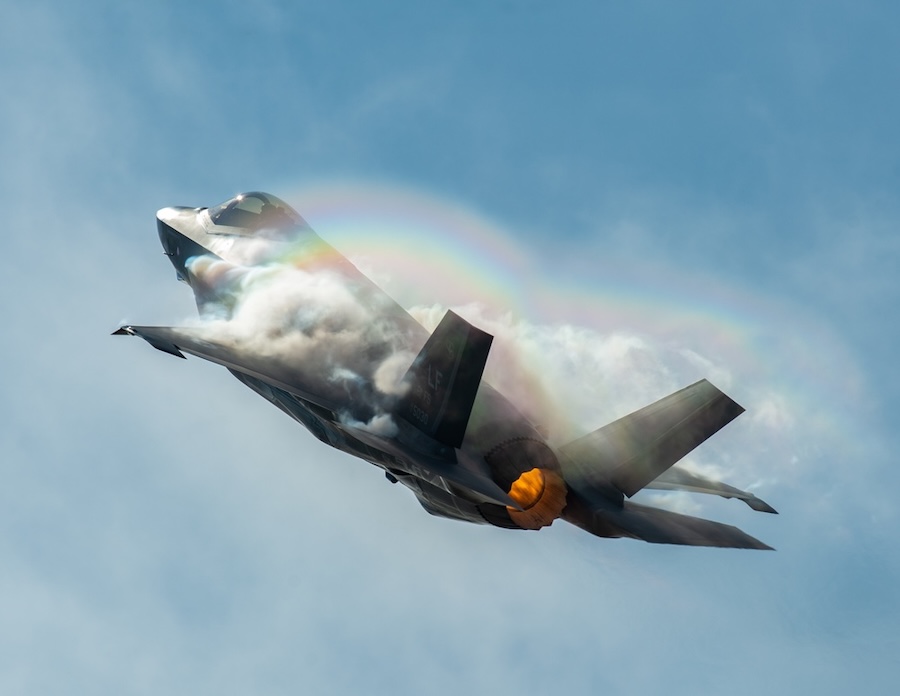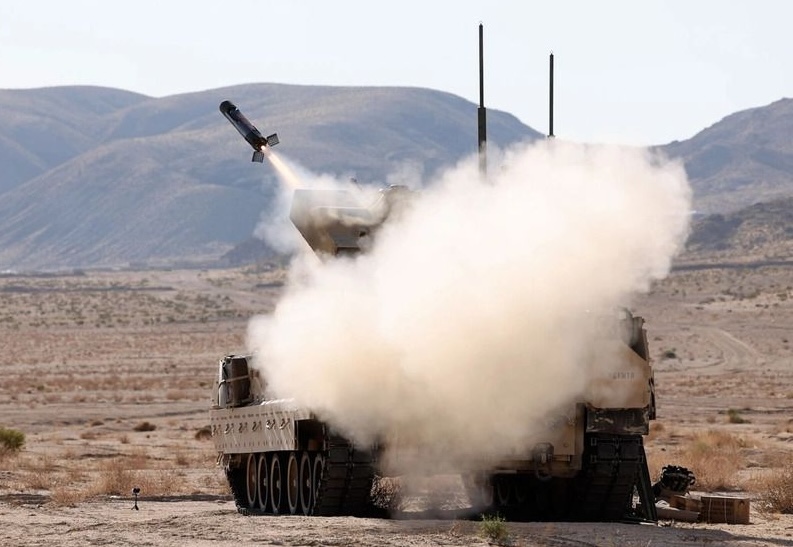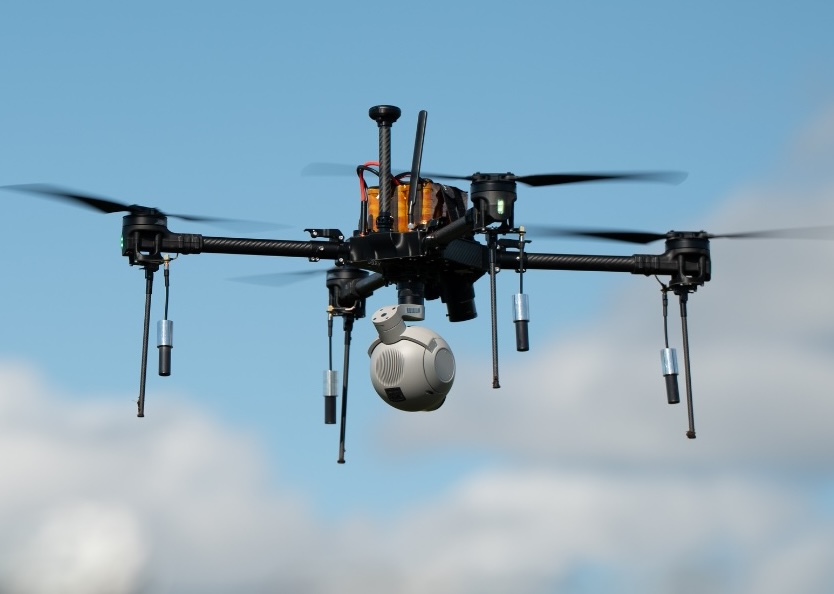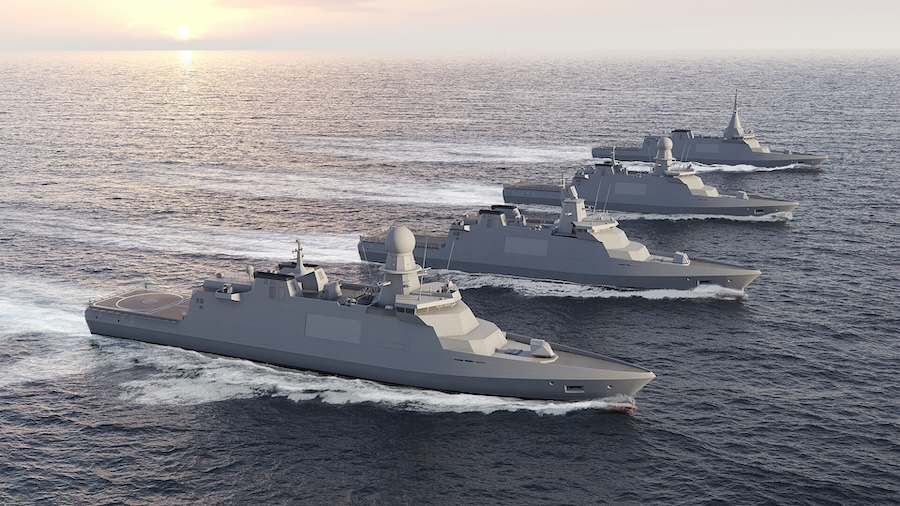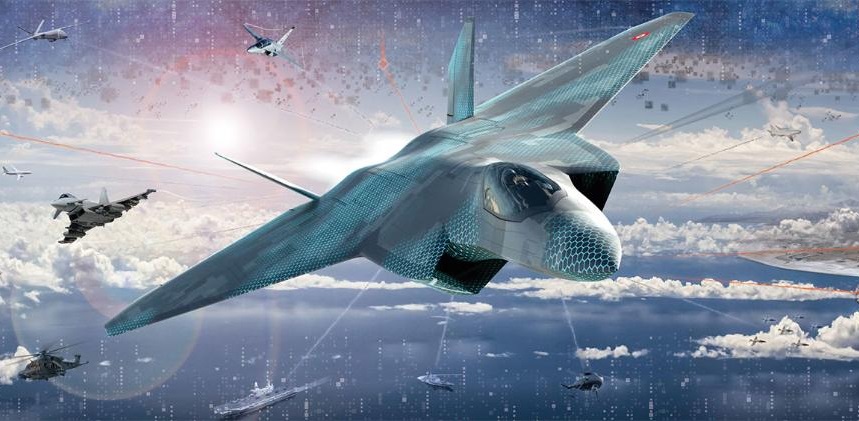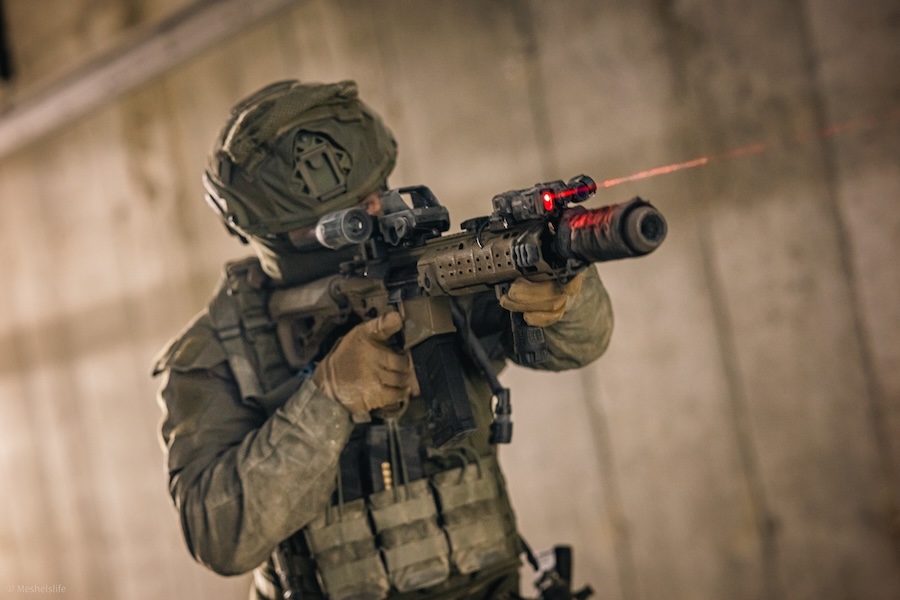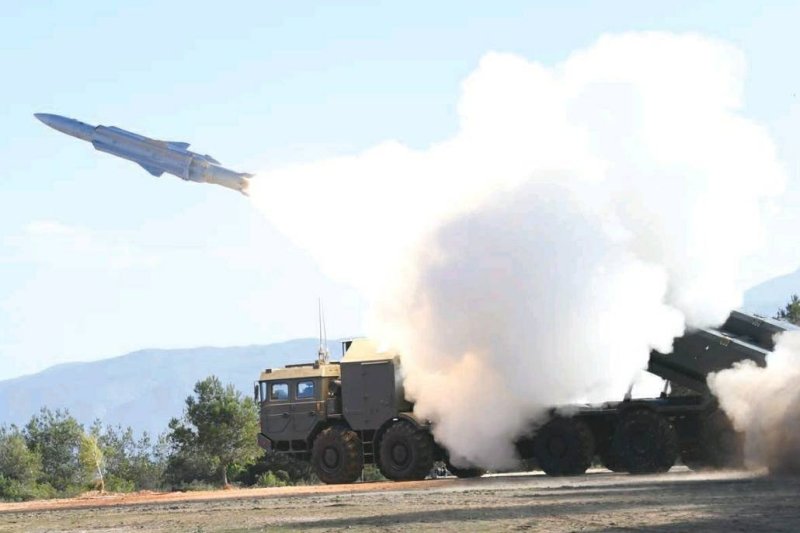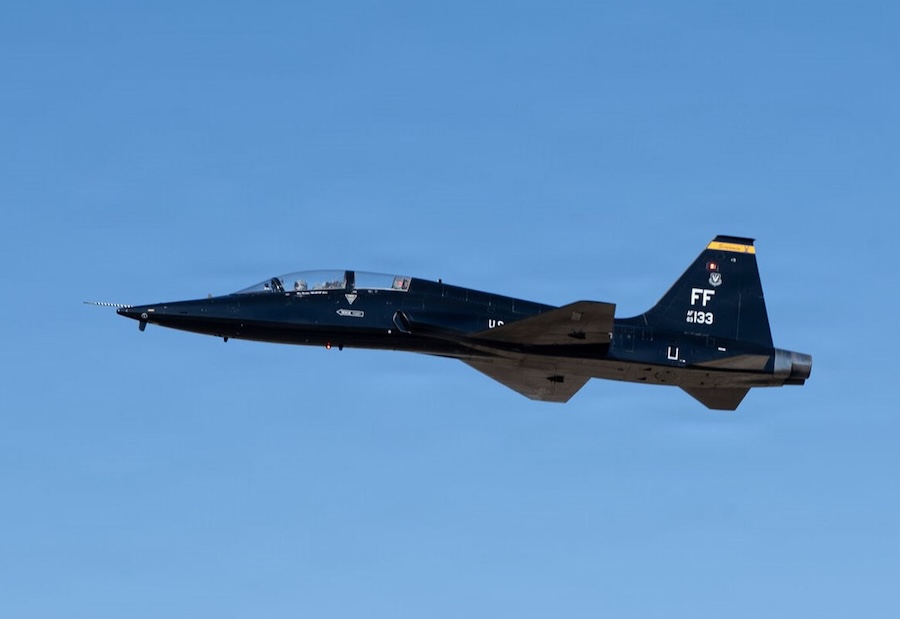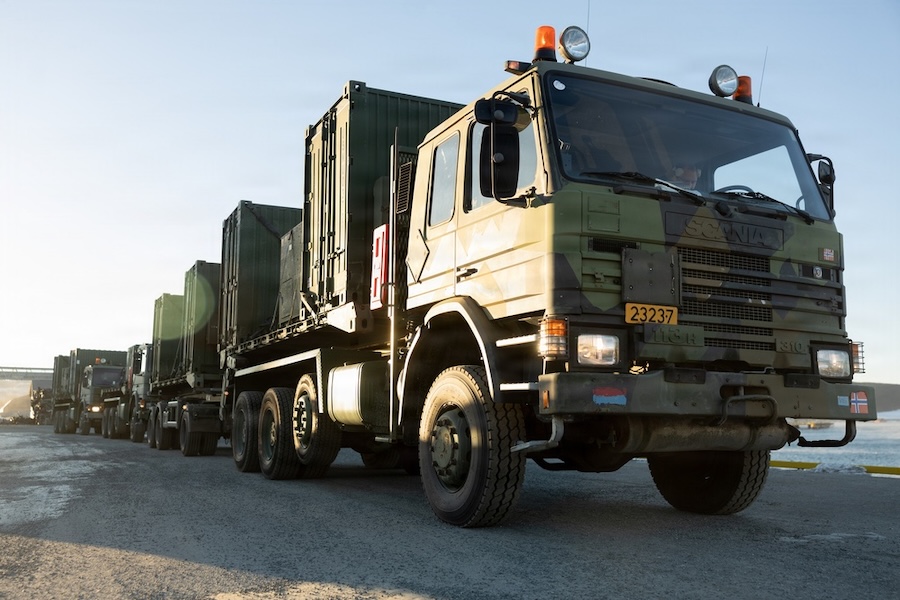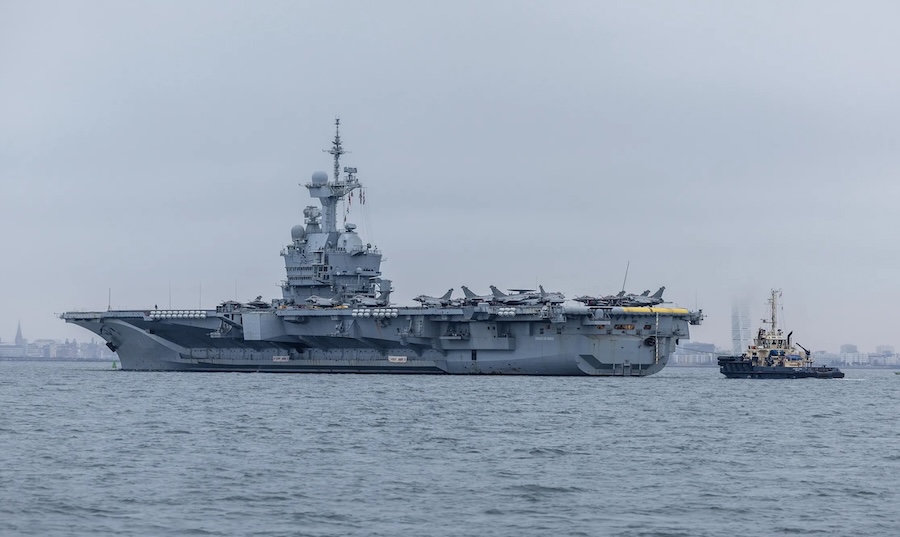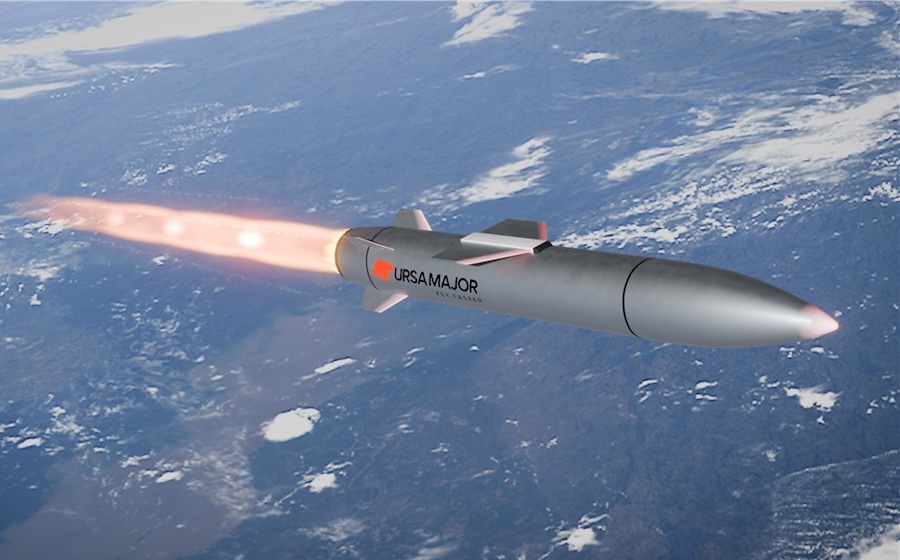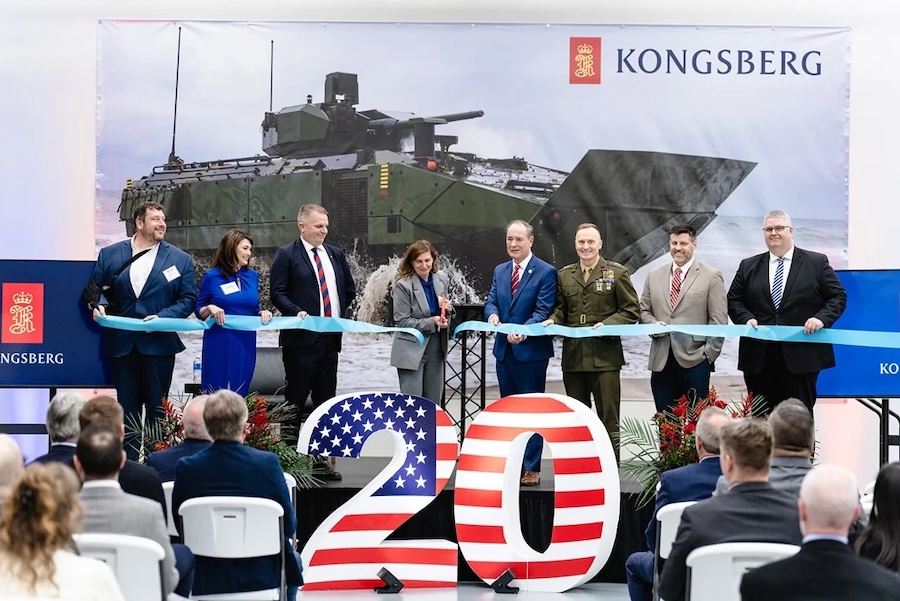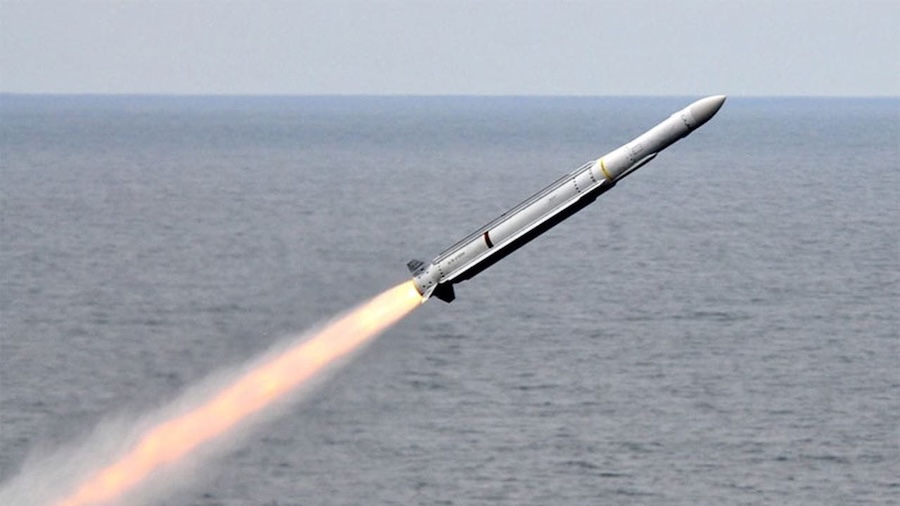The joint venture comprises four leading European defence companies: KNDS Deutschland GmbH & Co KG, KNDS France, Rheinmetall Landsysteme GmbH, and Thales SIX GTS France SAS. According to the Bundeskartellamt, the MGCS-Projekt Company is tasked with continuing research and development efforts for the MGCS programme, which aims to create a modular main battle tank capable of fulfilling various capability requirements as a multi-platform system.
The participating companies bring distinct expertise to the project. KNDS is a Franco-German defence conglomerate formed through the merger of Krauss-Maffei Wegmann and Nexter, Rheinmetall is Germany’s largest arms manufacturer, and Thales is a French aerospace and defence company specializing in electronics with a global footprint.
The German authority noted that although Rheinmetall and KNDS have historically competed in the armoured vehicle market, the collaborative nature of the MGCS project—structured around public tenders—mitigates concerns regarding competition. Thales, with the exception of its Australian subsidiary, has had limited prior involvement in heavy armoured vehicles.
All four firms signed a cooperation agreement on 23 January in the presence of German Defence Minister Boris Pistorius and French Defence Minister Sébastien Lecornu. MGCS-Projekt Company GmbH is set to act as the sole contractor for the Franco-German MGCS programme.
Negotiations are ongoing for the first phase of the development contract, known as the Level of Pillar Approach (LPA). The MGCS project is structured around eight development “pillars,” with each company expected to lead at least two of these thematic areas. The initial contracts are valued at several million euros, with each country expected to contribute less than €10 million. The first phase will focus on developing and testing specific components using demonstrator vehicles to inform the final system configuration.
This phase is scheduled to last four years, after which more advanced technology demonstrators will be built and tested under Phase 2. Phase 3 will prepare for serial production, which is now expected to begin around the mid-2040s—approximately a decade later than originally planned.
The MGCS initiative reflects a broader trend in European defence collaboration, aiming to enhance military capabilities through joint development programmes. By pooling resources and expertise, Germany and France seek to maintain a technological edge in armoured warfare and strengthen European defence autonomy.


